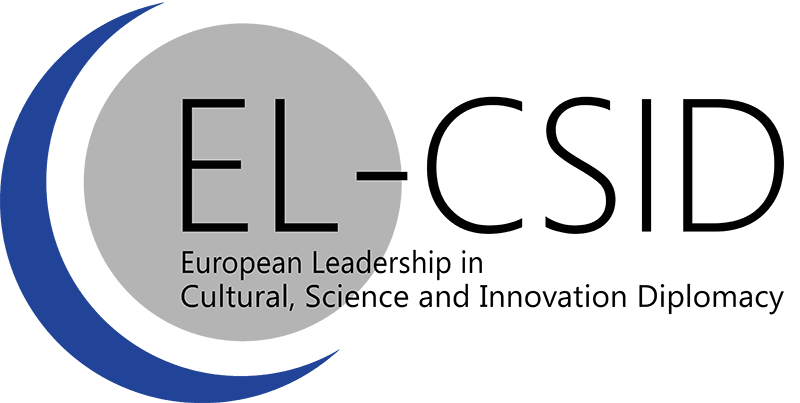Upcoming Events

Workshop on "Pandemic Response: New Thinking in Global Health Policy and Governance" organised by UoW partners!
This dissemination workshop, organised by senior researchers Franklyn Lisk and Annamarie Bindenagel Sehovic, is taking place on 19-20 February at the University of Warwick.
The focus of the workshop is on the (global) response to pandemics, specifically HIV/AIDS and Ebola, which has been a major aspect of global health and development policy over the past three decades for HIV and more recently Ebola. The purpose of the workshop is three-fold: a) to present our findings as per overall pandemic response, introducing new thinking in global health policy and governance as impacted and influenced by the interaction of science, political governance and cultural diplomacy; b) to compare and contrast the specific experiences and evidence in Liberia and Sierra Leone with Ebola, and in South Africa with HIV; and c) to collate lessons learned towards a more equitable, coordinated and rational global health governance and policy.

EU Science Diplomacy Panel at the AAAS 2019 Annual Meeting!
The three EU-funded projects on Science Diplomacy - InsSciDE, S4D4C and EL-CSID - are presenting the joint panel "Beyond or Despite Political Borders: Science Diplomacy and the Construction of Europe" at the AAAS Annual Meeting on 16 February 2019 in Washington, D.C.!
Riccardo Trobbiani, EL-CSID Project Researcher, presents a paper by Luk Van Langenhove, EL-CSID Scientific Coordinator, at the Annual Meeting of the American Association for the Advancement of Science (AAAS). The paper condenses some concluding reflections and findings of the EL-CSID project, finishing in February 2019. The presentation is part of a joint panel supported by the European Commission, where Alexander Degelsegger-Márquez (Centre for Social Innovation, Vienna) and Pascal Griset (Sorbonne Université, Paris) will present findings from the perspective of their research projects.
Founded in 1848, the American Association for the Advancement of Science is the world’s largest multi-disciplinary science society. The AAAS Annual Meeting is ‘the world’s largest general scientific gathering’, and offers a unique, exciting, interdisciplinary blend of more than 120 scientific sessions, plenary and topical lectures, flash talk sessions, e-poster presentations, and international exhibit hall.

EL-CSID represented at the International Symposium on Cultural Diplomacy in Central Asia & the Caucasus
Our EL-CSID researchers Neil Collins and Kristina Bekenova will give a presentation on European Cultural Diplomacy in Kazakhstan on 6 October during the International Symposium on Cultural Diplomacy in Central Asia. This symposium, organised in Berlin, will focus on the opportunities for cultural diplomacy in Central Asia in the framework of the current transitions and challenges.

Together with the other two EU-funded projects S4D4C and InsSciDE, EL-CSID held a panel on "European Science Diplomacy: National Approaches, Convergence, and Common Ambitions" at the Science Diplomacy 2018 conference. The conference was organised by the AAAS Center for Science Diplomacy in Washington D.C. The event featured sessions on policy advice mechanisms, the changing role of diplomacy, mega-science projects and the role of science, technology and innovation in peace, security and power. Among the speakers were AAAS leaders, science and foreign policy makers, science advisors as well as eminent scientists including Nobel Prize Laureate Barry Barish (LIGO).
EL-CSID coordinator Luk van Langenhove presented selected project results and recommendations, including arguments for an explicit role of science diplomacy in the upcoming Horizon Europe programme as well as a strengthened scientific base of science diplomacy. InsSciDE coordinator Pascal Griset shared some preliminary data on a historical analysis of Germany's and France's science diplomacy traditions, connecting both to the wider historical context out of which they have grown. S4D4C coordinator Alexander Degelsegger-Márquez presented selected results from a global survey where practitioners were consulted at the science and foreign policy interface about their work, challenges and needs.





